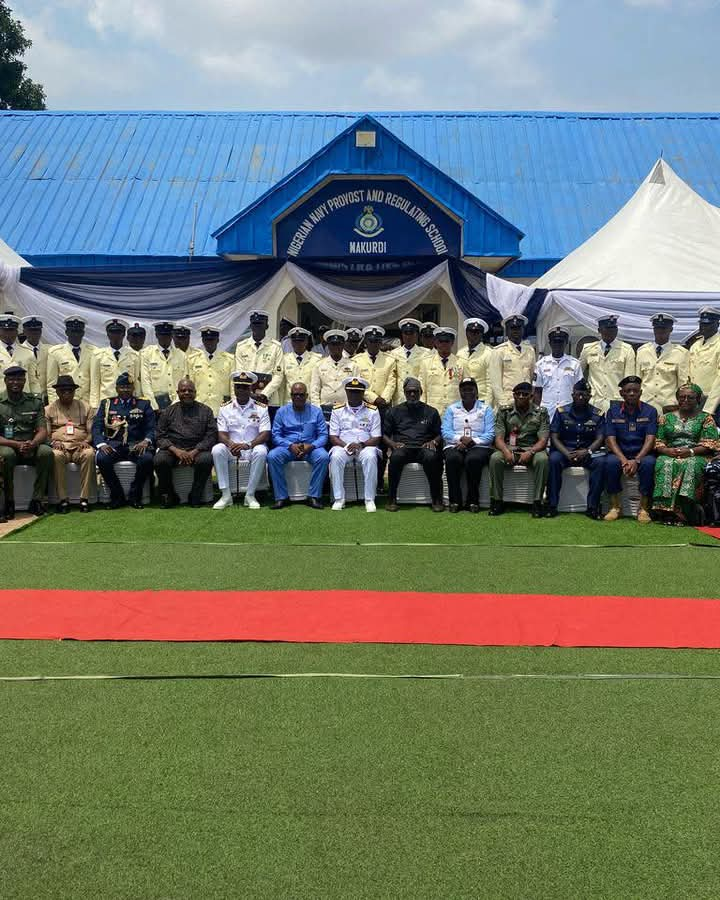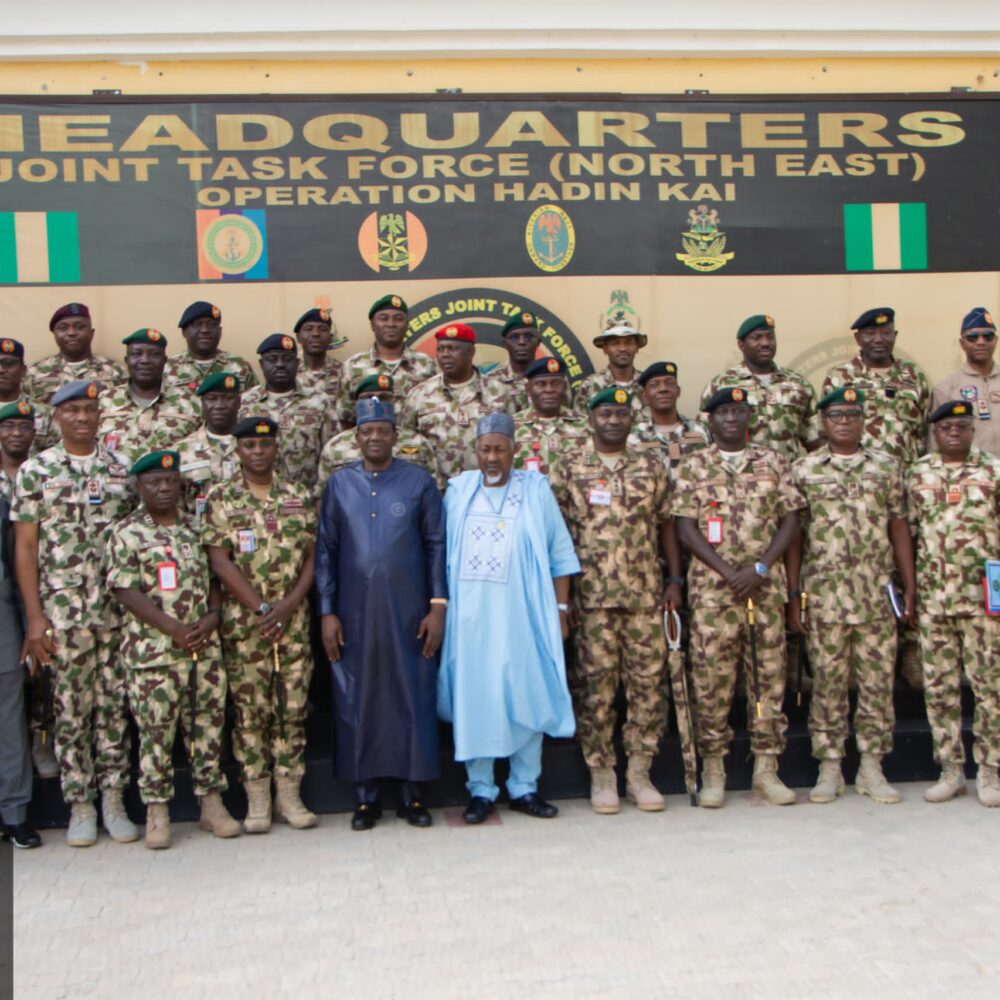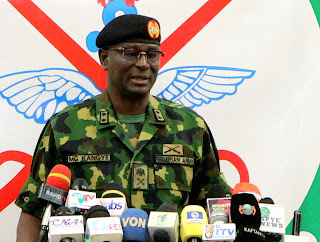The Nigerian Army, such as other armed forces in Nigeria, has been involved in series of security operations to counter myriads of existing and emerging security challenges in different parts of the country.
Notable among these security challenges is the Boko Haram and Islamic States of West Africa Province (ISWAP) insurgents’ activities in the North Eastern states of Borno, Adamawa and Yobe as well as the banditry and kidnapping in the north western states of Kaduna, Zamfara and Katsina.
There has also been cases of farmer/herders and communal clashes in Benue, Nasarawa and Taraba states; kidnapping and armed robbery in the South Eastern part as well as the cases of crude oil theft, bunkering, militancy, kidnapping and cultism in the south-south region.
The Nigerian Army headquarters and the Defence headquarters have launched different operations and exercises as well as deployed troops in over 30 states of the federation to contain these threats in the last couple of years.
In 2019, the Nigerian army got engaged in the fight against banditry and kidnapping in Zamfara, Kaduna and Katsina states through its operation Harbin Kunama in addition to the ongoing campaign against insurgency in the north east.
In the north east, the theatre command of Operation Lafia Dole (OPLD) achieved a commendable feat against the Boko Haram and ISWAP terrorists’ having been able to contain the activities of the terrorists by ensuring that no territory is under their control.
During the year under review, the army headquarters introduced the super camp concept to effectively counter the new style of laying ambush for troops and attack on bases by the insurgents.
The super camp concept which was initially opposed to by some stakeholders in the north east has yielded tremendous results in the counter-insurgency operation in the region.
The Chief of Army Staff, Lt.-Gen. Tukur Buratai, recently disclosed that the super camp strategy had yielded results because the troops have had a better understanding of using the approach to tackle the myriad of security challenges confronting the country.
Buratai said that the decision to adopt the approach was based on the threat analysis and evaluation of the challenges that the troops encountered in operating along the conventional approach.
He said that all the operations and exercises of Nigerian army like OPLD, Harbin Kunama and exercise Crocodile Smile as well as Ayem Akpatuma and Atilogwu Udo, were being operated along with this concept of the super camp with the renewed zeal of the officers and soldiers, not only in the north east but across the country.
According to Buratai, the concept has completely changed the troops’ mode of operation, increased their confidence and gave them the ability to project and reach up to the terrorist’s hideouts and it has given more confidence to the people there.
Analysts have described the Boko Haram war in North-East as sabotage, ambushes and surprise raids on unsuspecting military targets, often fighting in their homeland and the use of their familiarity with the local landscape and terrain to their advantage.
Between September and December, the Boko Haram and ISWAP terrorists have suffered series of defeats from Nigerian troops leading to loss of lives of hundreds of terrorist and their equipment to the superior fire power of the troops.
Similarly, the launch of Operation Positive Identification in the north east had also led to arrest of many terrorists and their logistics suppliers as well as rescue of quite a number of persons including an octogenarian from the insurgent’s captivity.
In recent times, troops have repelled terrorist attacks on villages and towns such as the recent encounter along Gashua Road in the outskirts of Damaturu in a fire fight with the support of Air Task Force leading to heavy casualty on the side of the terrorists in both men and equipment.
According to Army Headquarters, a top ISWAP Commander, Abu Muqhtar, believed to have coordinated several attacks along the fringes of Lake Chad was neutralised along with over 30 other insurgents in the attack.
In other parts of the country like Zamfara, Kaduna and Katsina states, the Nigerian army has been able to bring the insecurity situation in the areas under control as evident in the recent peace experienced in Zamfara and Katsina states.
Also, the troops at the Kuyelo Super camp in Birnin Gwari area of Kaduna state also contained the activities of the bandits and kidnappers to a great extent.
In the north central, the exercise Ayem Akpatuma 11 and other joint military operations in Benue, Nasarawa, Kogi, Niger and plateau states have greatly addressed the menace of kidnapping, banditry and farmers/herders clashes in recent times.
The launch of Exercise Atilogwu Udo 1 and Crocodile Smile 1V in November has also achieved some level of success in dealing with the issues of kidnapping, armed robbery and other forms of insecurity in the South East, South South and South West zones.
In the area of civil military cooperation, the Nigerian army carried out a number of Civil Military Cooperation (CMC) activities in different parts of the country ranging from free medical outreaches, educational support to schools and provision of boreholes among others.
These successes recorded by Nigerian army were, however, not without some low moments as some officers and soldiers paid the supreme price while defending their fatherland while some others were wounded and incapacitated.
NAN





